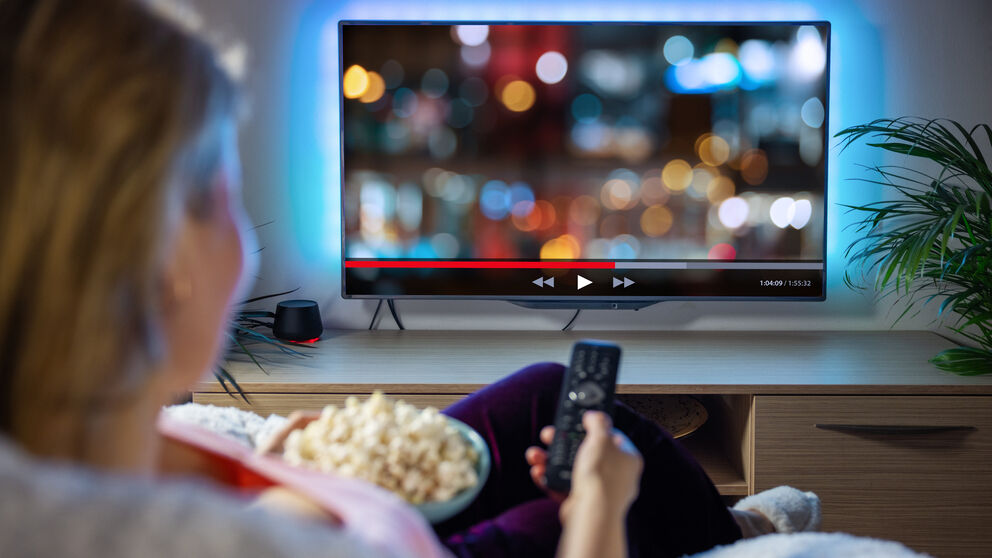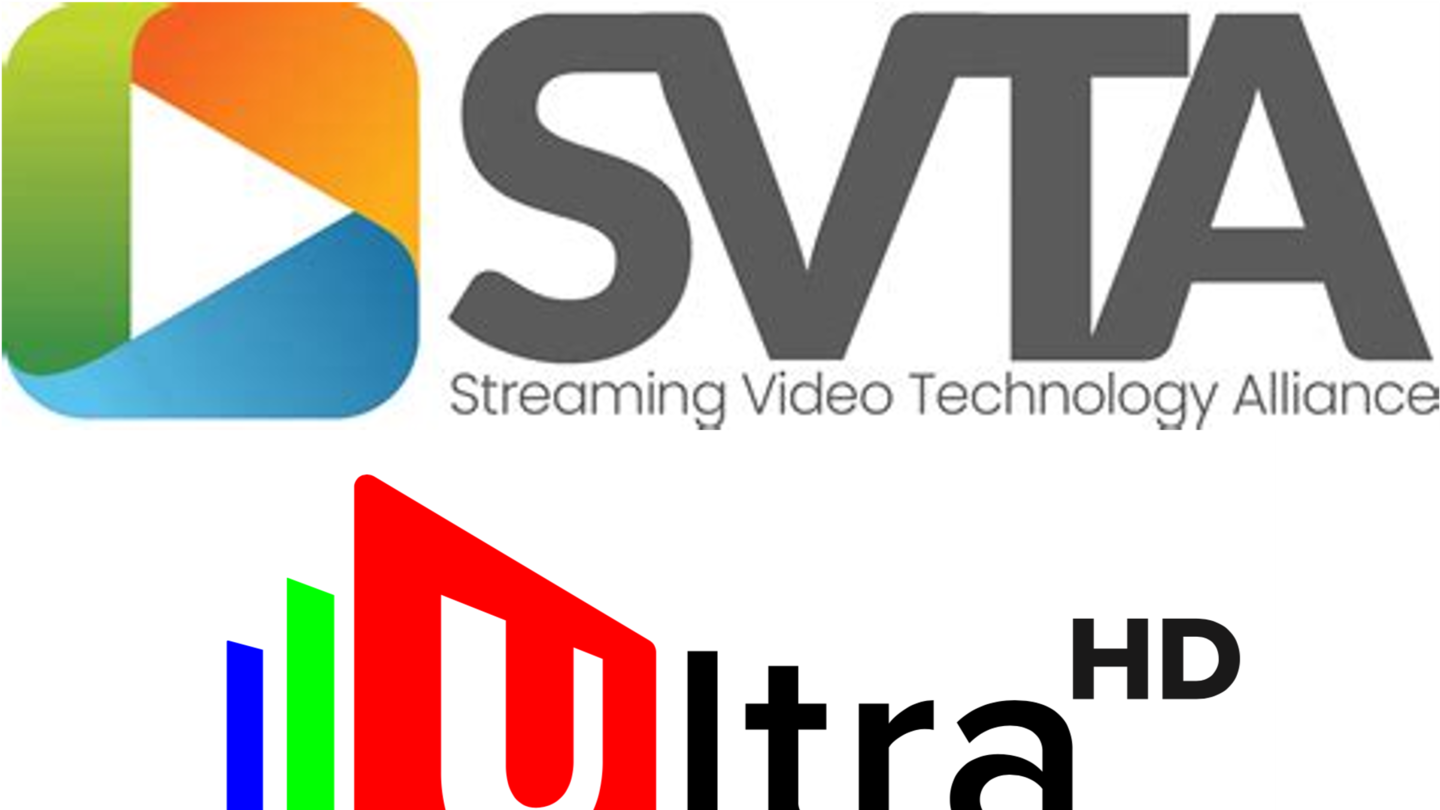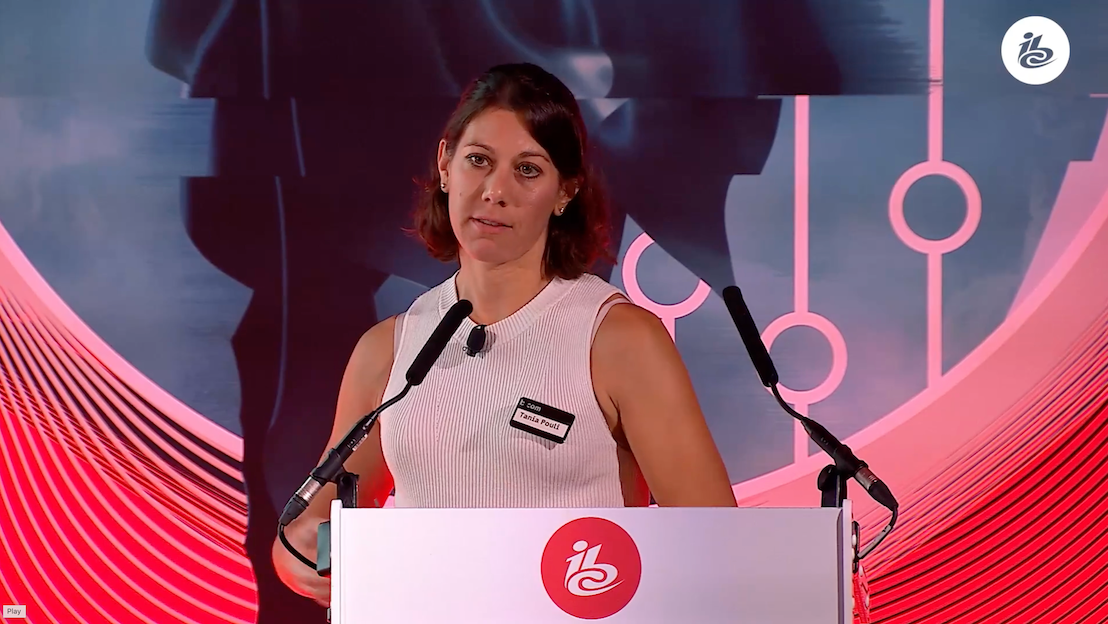The Alliance for Open Media (AOM) shares some of the challenges of the growing demand for UHD-quality streaming services and how the adoption of the new AV1 codec can help deliver new capabilities in storage and distribution.
It’s no secret that video is a powerful communication tool and video streaming has become an increasingly dominant way for global audiences to stay informed and entertained. Video’s appeal and reach are massive, with estimates suggesting that more than three billion internet users either watched or downloaded video at least once per month last year. Additionally, videos were reported to have a 92% global internet audience reach as of Q3 2023.
As video consumption continues to grow, so do consumers’ expectations. The brilliant images promised by Ultra High Definition (UHD) video and beyond have helped heighten viewers’ demands for crisp, clear quality across all screens, not only for recorded video but for streaming live sports and events, video conferencing, and more...
You are not signed in
Only registered users can read the rest of this article.

Rise launches Elevate programme for broadcast leaders
Rise has launched the Elevate programme, a six-week leadership course designed to fast-track the careers of mid-level women working across broadcast media technology.

Andrew Llinares to step down as Fremantle’s Director of Global Entertainment
Andrew Llinares is to step down this spring from his position as Director of Global Entertainment at global producer and distributor Fremantle.

HBO Max to launch in UK and Ireland on March 26
Warner Bros. Discovery is to launch its streaming service HBO Max in the UK and Ireland on 26 March 2026.

5G broadcast trials underway at Winter Olympics
Italian public service broadcaster Rai and the European Broadcasting Union (EBU) are conducting new 5G broadcast trials during the Milano Cortina 2026 Olympic Winter Games, which run from 6-22 February 2026.

Channel 4 unveils coverage plans for 2026 Paralympic Winter Games
Channel 4 has unveiled the plans for its coverage of the Milano Cortina 2026 Paralympic Winter Games.



.png)
